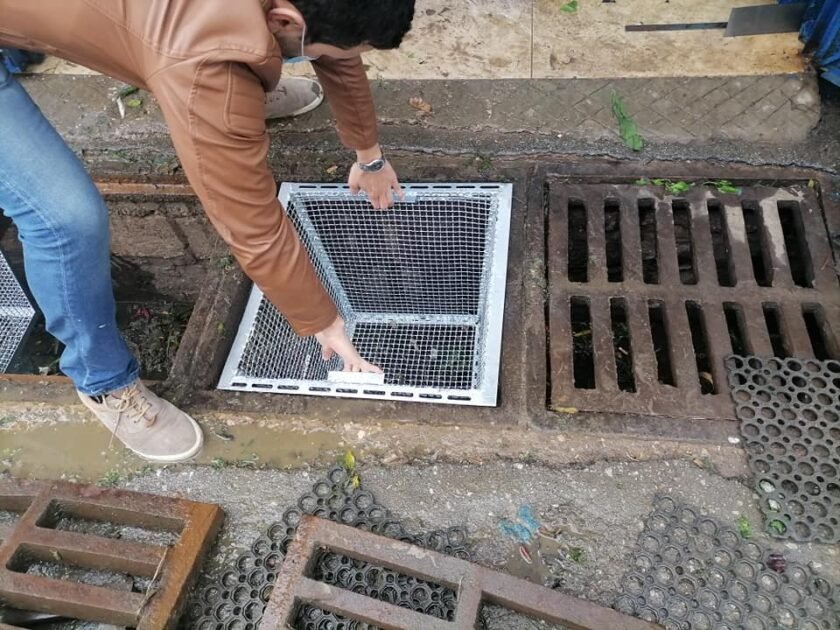The delay of the Global Sumud Flotilla’s departure from Tunisia may appear to be a minor logistical setback—a matter of weather conditions, ship readiness, and coordination. Yet the symbolism of this fleet sailing from Tunis to Gaza carries weight far beyond the Mediterranean waters it will cross.
Tunisia, with its long-standing tradition of solidarity with the Palestinian people, is once again at the heart of an international effort to challenge one of the most enduring blockades in modern history. The flotilla is more than a convoy of boats; it is a reminder that civil society, when mobilized across borders, can defy political inertia and demand accountability where governments fall short.
The timing of this mission is crucial. The war in Gaza has now stretched past 700 days, with staggering human cost: more than 64,000 Palestinians killed, entire neighborhoods flattened, and famine now officially declared in the north of the enclave by the IPC. These are not abstract statistics—they are the lives of children, families, and communities caught in a catastrophe that the international community has failed to stop.
The departure from Sidi Bou Said is therefore not only a logistical matter but a moral statement. It underscores Tunisia’s symbolic role as a launchpad for global solidarity at a time when the world’s political institutions remain paralyzed. The flotilla’s diverse coalition—from European activists to Malaysian groups and Tunisian citizens like Houssameddine bin Taher, who donated his rare boat—represents a grassroots diplomacy that refuses to normalize the siege or the suffering it inflicts.
Critics may dismiss these flotillas as little more than spectacles—symbolic gestures destined to be intercepted before reaching their destination. Yet history teaches us that symbols matter. They galvanize public opinion, amplify suppressed voices, and pierce through the numbness of endless reports and statistics. When governments hesitate, it is often ordinary citizens who remind the world of its conscience.
The legal landscape is also shifting. Arrest warrants issued by the International Criminal Court against Israeli leaders, coupled with the genocide case at the International Court of Justice, signal that impunity is being challenged on unprecedented levels. While the road to justice is long and fraught, the flotilla embodies a complementary form of pressure: a moral and human chain stretching across seas.
As the Global Sumud Flotilla prepares to set sail from Tunisia, it carries with it not only food, aid, and hope, but also the conviction that silence is complicity. The boats may be delayed, the journey fraught with risks, but the message is clear: Gaza is not forgotten, and the blockade is not beyond challenge.
TunisianMonitorOnline (Editorial Staff)




